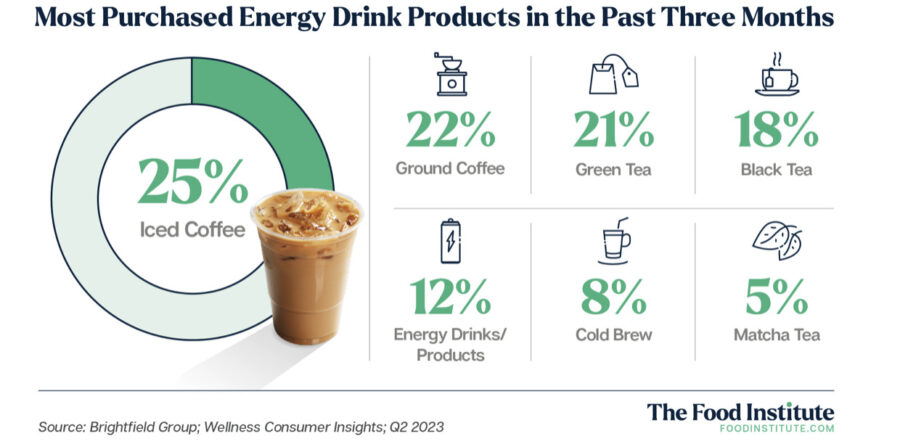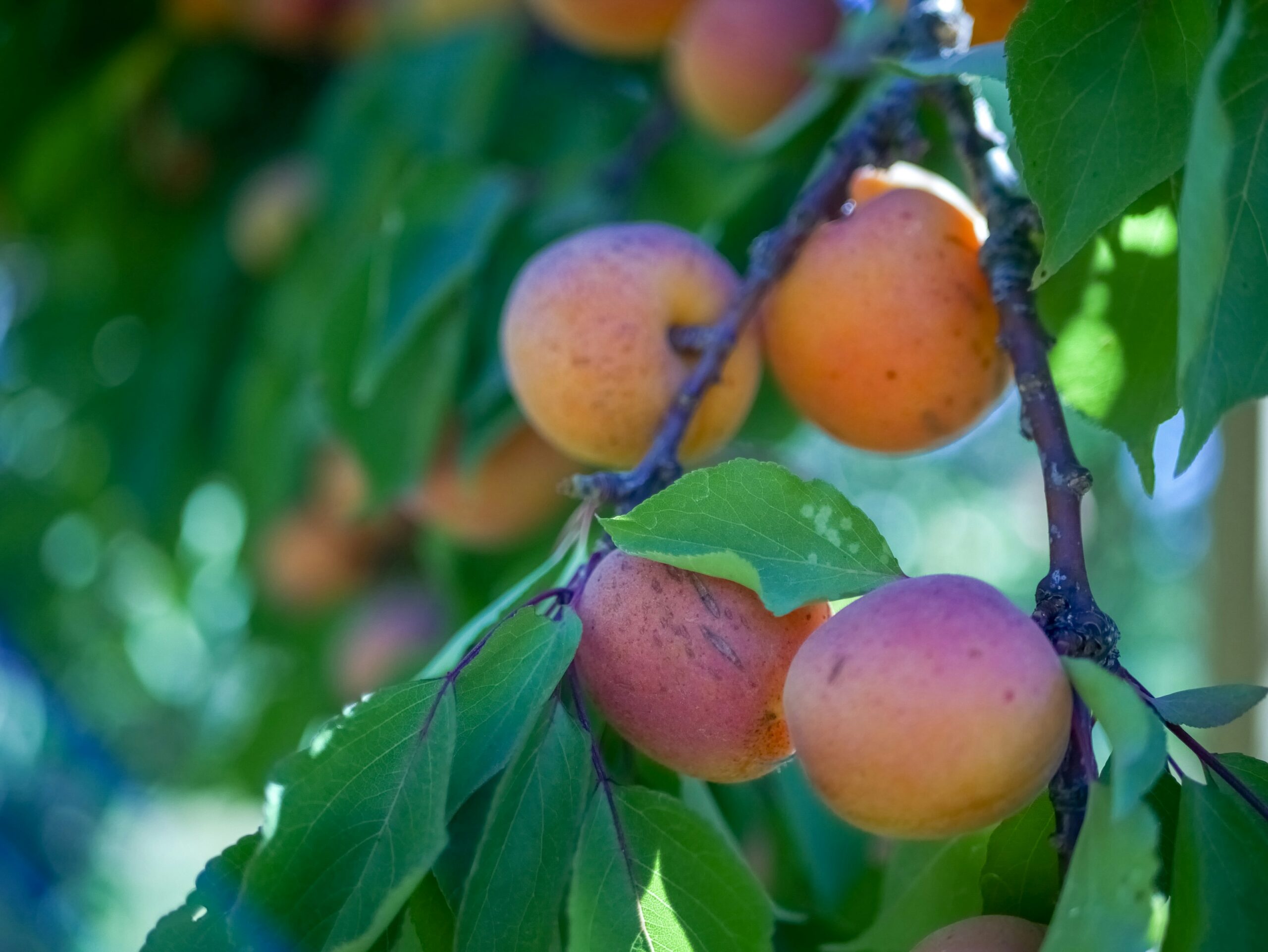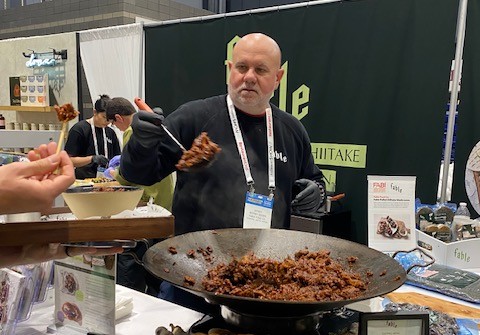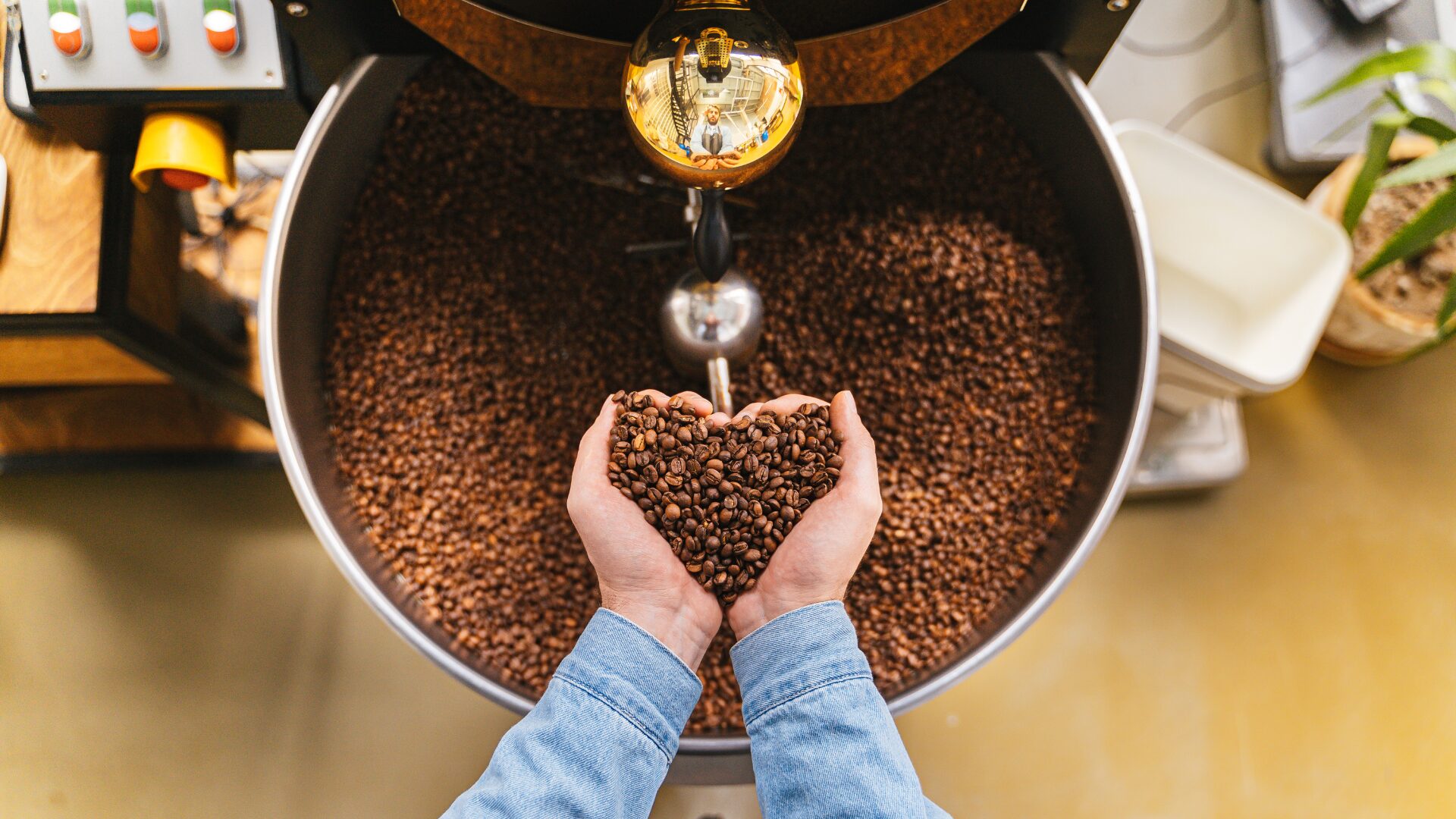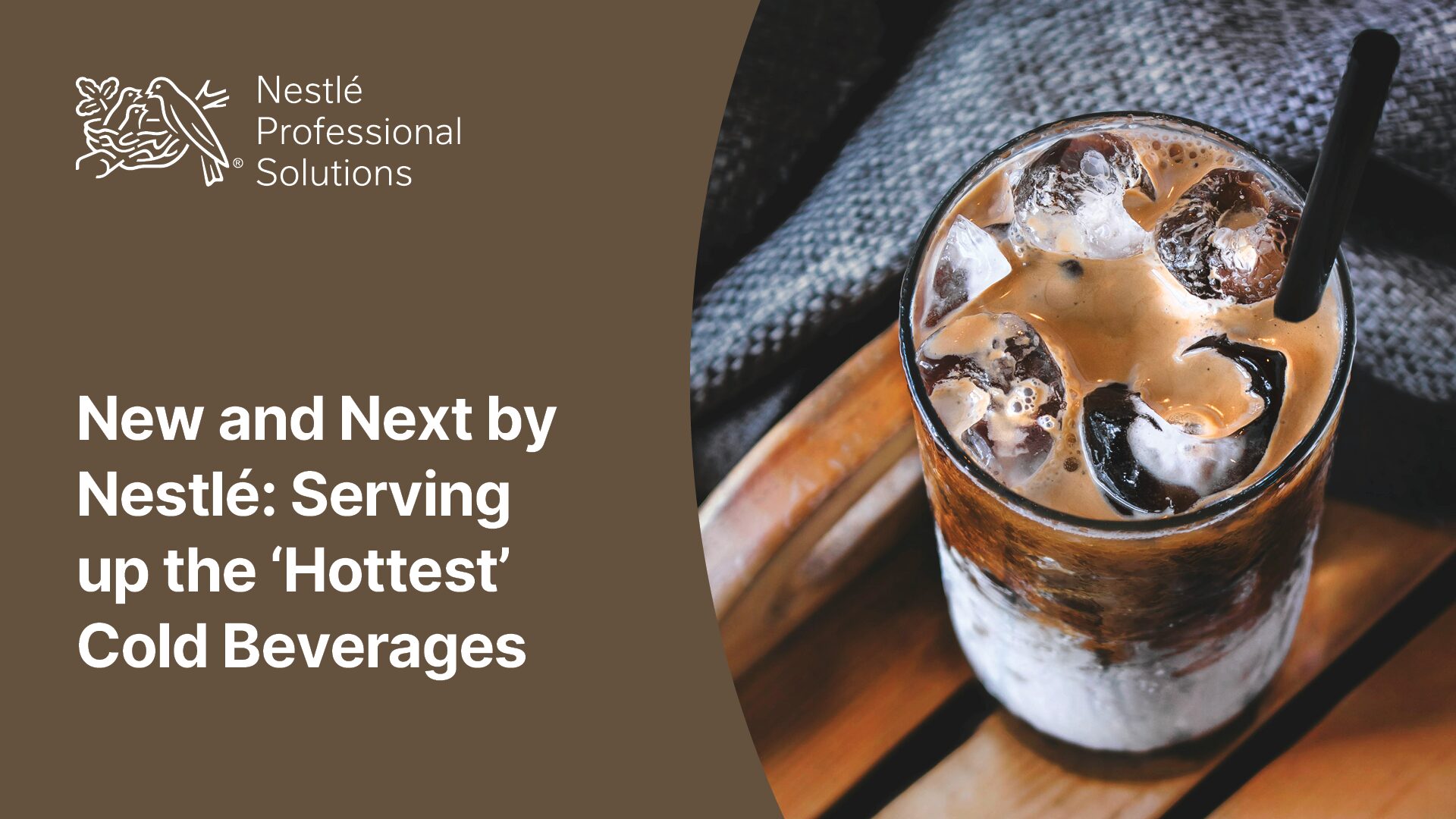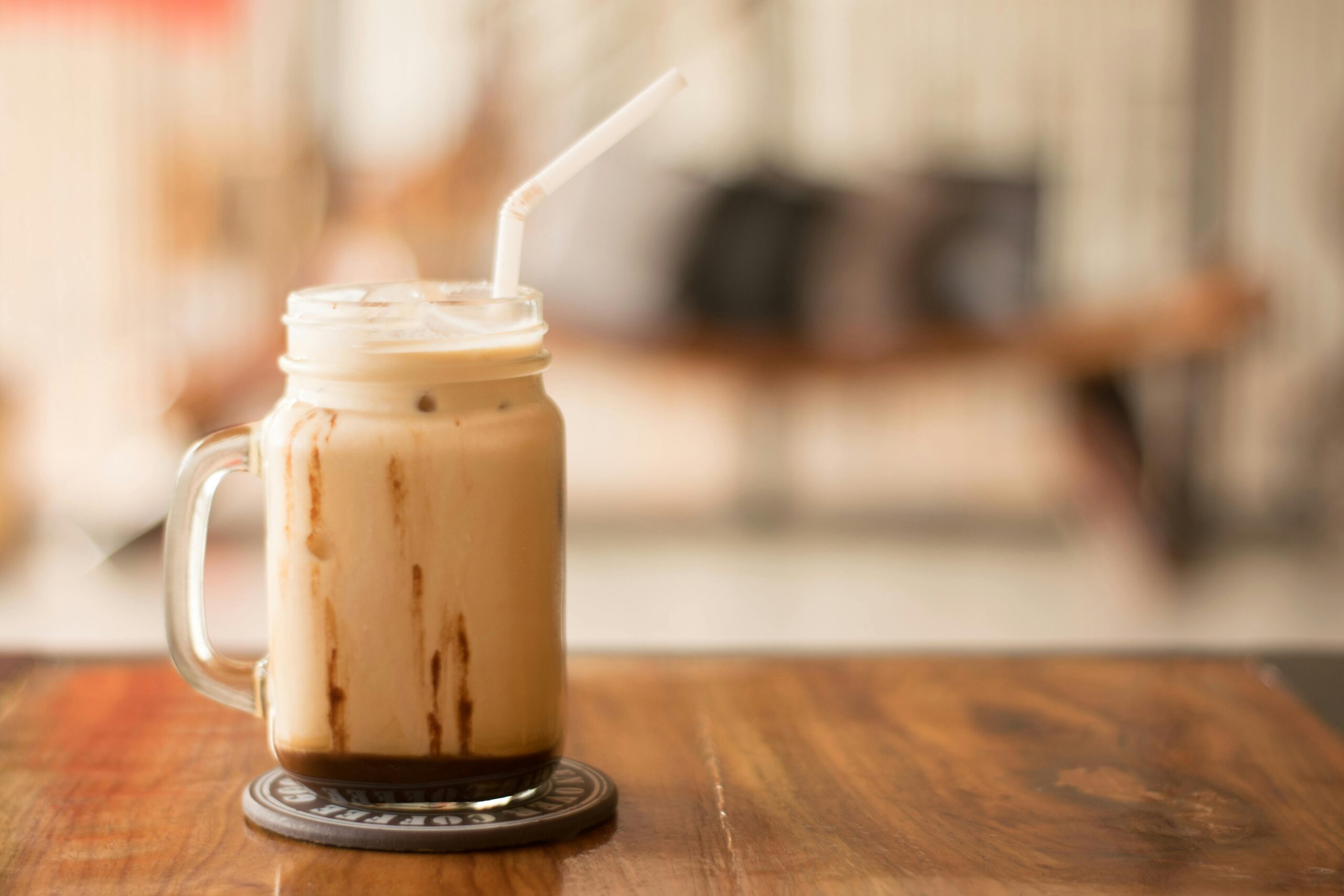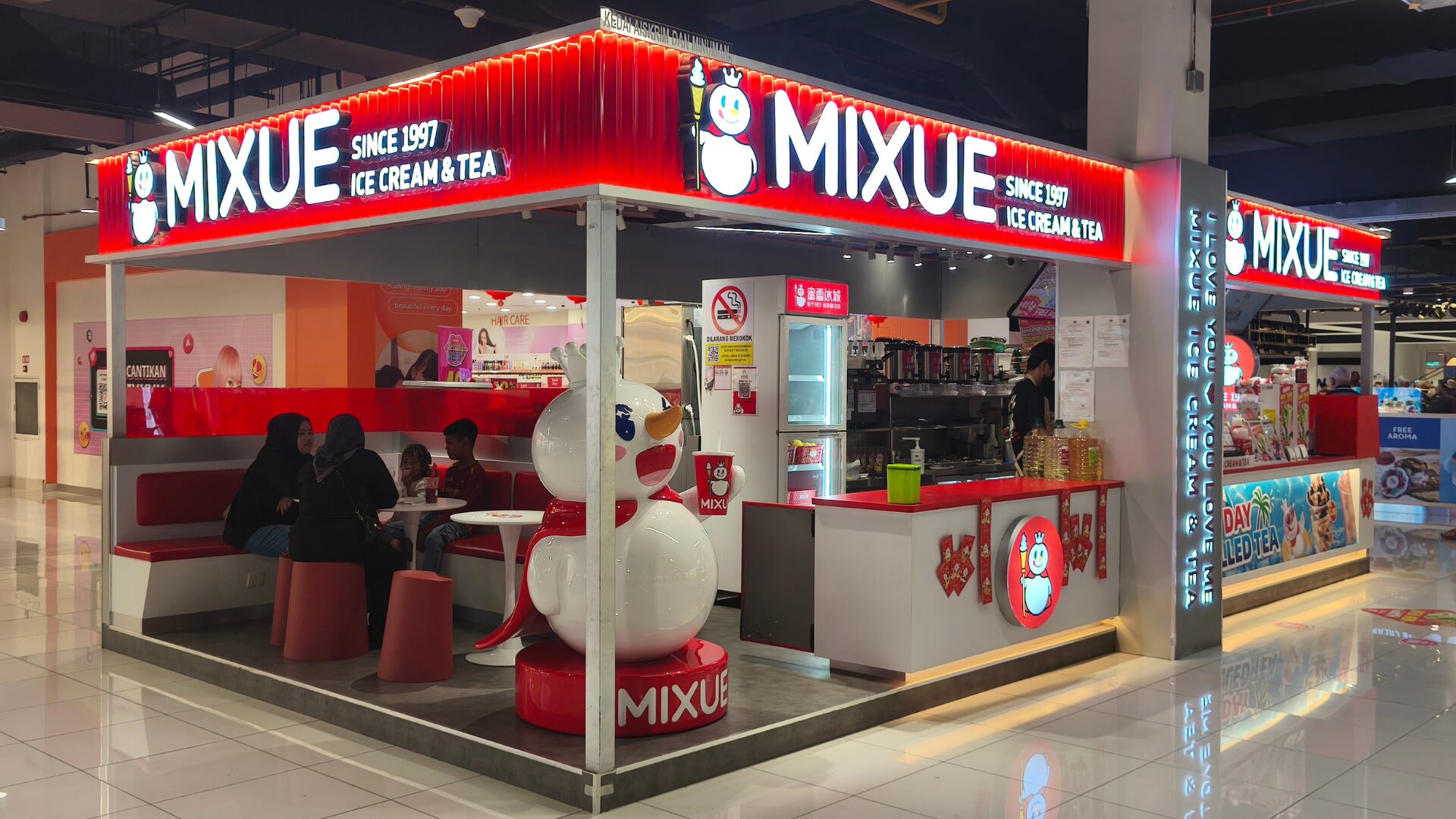Across the U.S., consumers continue to seek out energy-boosting beverages. This persistent demand, coupled with a broader exploration of ingredients, is transforming the energy drink landscape.
Forty-one percent of American consumers are in the energy need state, according to a new report by Brightfield Group. Within that group, 53% have two or more children, 52% are women, and 7% live in a city.
The top reason users say they purchase energy drinks in addition to coffee/tea is, “I am on the go.”
While traditional coffee varieties lead product consumption, interest in alternative energy sources is surging. Here are three standouts:
Matcha Mix-ins
Matcha teas and powders come from the same plant as green tea but contain more antioxidants and caffeine. Once a niche product, matcha is now a mainstream favorite.
According to Brightfield Group Wellness Social Listening, this rise in popularity has been evident in social media spikes during April and consistent chatter throughout the summer. The DIY trend is also strong, with home-based matcha recipes flooding platforms like Pinterest.
“Gen Z has an incredible 37% growth rate in matcha discussions,” noted the Brightfield team in the report. “Their affinity for the product is reshaping the energy market.”
Boosting B12
Social media is also awash with influencers and health enthusiasts discussing the benefits of products containing B12, an essential vitamin that helps convert protein and fat into energy (among other benefits).
While B12 shots have been around for some time, their accessibility and popularity have skyrocketed recently, hinting at its widespread acceptance.
“The B12 trend finds its stronghold among millennials, with a 38% growth rate. This indicates that millennials are on the lookout for quick, effective energy boosts that can be easily integrated into their busy lives,” noted the Brightfield team.
Taking Taurine Beyond Energy
A longtime ingredient in energy drink formulations, taurine is used for its role in energy production and its purported calming effect despite the extra pep. A new study published in Science Magazine, however, cast new light on the anti-aging properties of this essential amino acid, noting that taurine deficiency drives aging in animals.
On the heels of this news, mainstream media and influencers created significant buzz about this overlooked energy source on social channels.
As the report notes, companies utilizing taurine in their products would be wise to target younger women in their campaigns, given their combined interest in energy drink consumption and anti-aging products.



